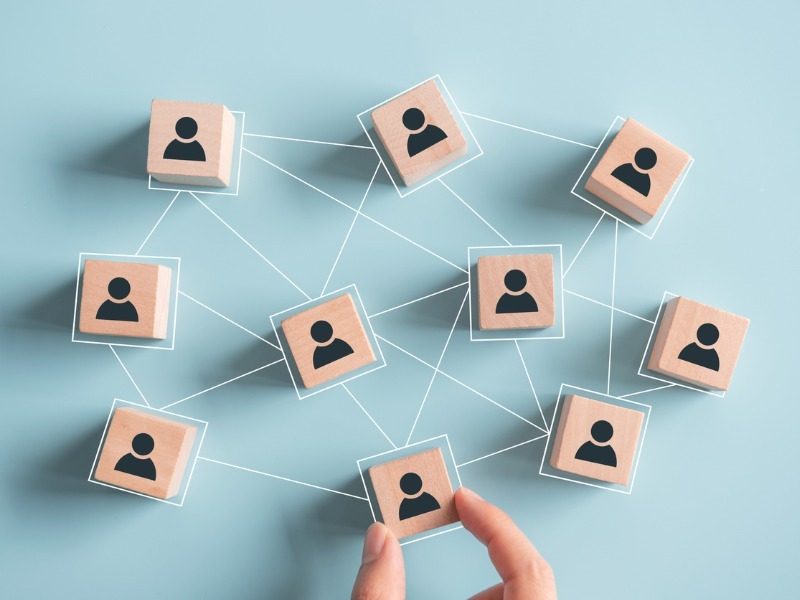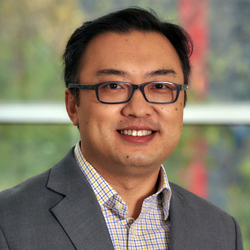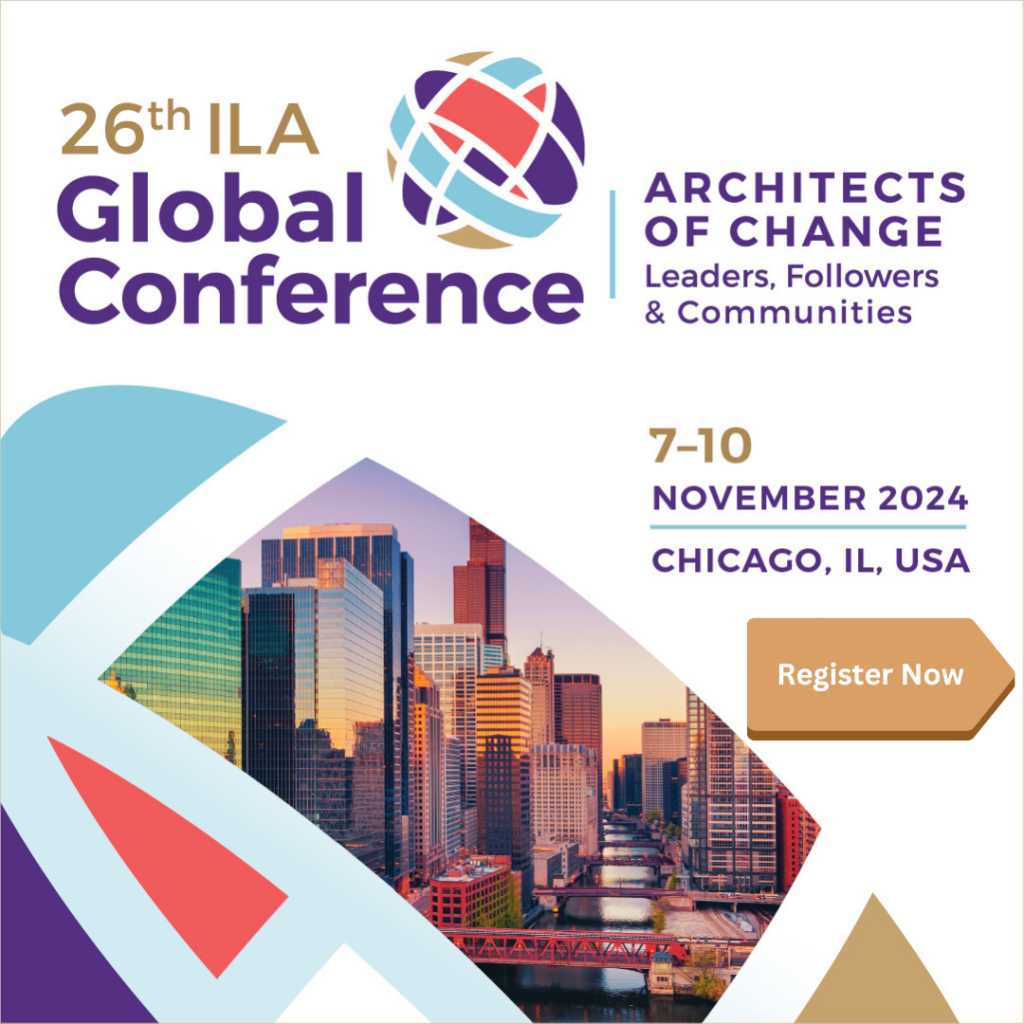
by Sen Sendjaya
Professor of Leadership, Swinburne Business School, Swinburne University of Technology, Australia
23 April 2020
Share:
COVID-19 is a great leveller. It renders our social constructs, such as first world and third world, developed and under-developed countries, preposterous.
The pandemic forces us to admit that the classes, levels, and tiers that we spent so much efforts perfecting are blinding us to the reality of who we really are. It takes a virus to open our eyes that we are not as different from each other as we’d like to think we are.
We initially thought a hierarchical but interconnected world was the best system for launching every progress. No doubt the world we live in is increasingly interconnected and, subsequently, interdependent. Yet, as is often the case in many areas, our strength can also be a source of our weakness. Our interconnectedness makes us more fragile. The very strength that makes us proud to be members of a global village precipitates the spread of this virus through cross-border infection. Our interdependence exposes us to a greater risk.
More to the point, our perception of being independent human beings is also threatened. Here we are in 2020 finding ourselves cornered at a global scale by a single virus. You can almost hear it taunting the medical, technological, military, and nearly every other sophisticated system we have created to protect us. As this health crisis grows, and mutates into economic and social crises at an unprecedented rate, both the haves and have-nots, the powerful and marginalized, and everyone in between are understandably fearful and frail in the face of the unknown.
This fear is not irrational. On the contrary, it is quite reasonable, and might have a silver lining. It powerfully puts us together on a path of self-discovery. The Nobel Prize winning Polish poet Czeslaw Milosz captures in nineteen words the human struggle to find a genuine understanding of self. “To believe you are magnificent. And gradually to discover that you are not magnificent. Enough labor for one lifetime.” Typically the process of realizing that we are not magnificent takes a lifetime. Yet COVID-19 has accelerated that process like no other.
What we discover about ourselves is that we are not magnificent, invincible, or infallible. We are anything but that. We are vulnerable. Think about how many times in the past few weeks we heard the phrase “we are in this together” used by politicians, community leaders, newscasters, etc. If the sudden spike in frequency tells us anything, it is that we have a newfound shared vulnerability. Simply put, vulnerability means being exposed to hurt. But just as the strength of being interconnected can be a source of weakness, so can our vulnerability be a source of strength.
Our shared vulnerability is so precious because it is so rare. It has never occurred before at a global scale. Let’s not waste it. Let’s allow it to be a teachable moment. A defining moment. Here are two examples of what embracing shared vulnerability looks like.
What we discover about ourselves is that we are not magnificent, invincible, or infallible. We are anything but that. We are vulnerable.
First, it is now much easier for us to acknowledge that we are dependent, limited, fallible beings. Unlike animals or plants, we have a complex functioning that gives rise to our pursuit of inauthentic ways of being. A cat does not feel the need to appear or behave like a horse, and a Granny Smith apple tree will never attempt to dress up like Red Delicious. We, on the other hand, are adept at putting on a facade of self to give us a superficial sense of security.
A false self is the socially-compliant self who artificially reacts to others’ expectations in a treadmill of performance. At its core lies the incessant necessity to hide who we really are from others. Often it is accompanied by a nagging feeling that others’ acceptance will dramatically drop if they find out about the things we meticulously hide in our proverbial closet. The smarter we are in hiding our real brokenness behind the facade of our sanitized demeanors, the less likely we are to experience real, lasting change. Our awareness of our mortality and finitude in the wake of COVID-19 helps us to voluntarily take off our mask (no pun intended!).
Second, embracing our shared vulnerability becomes a salient means to build real communities. With our masks off, we are liberated from the tyranny of being successful, and can aspire to instead be fruitful. The late Henry Nouwen, who held professorship at Yale and Harvard Divinity School, juxtaposed the idea of being successful versus being fruitful. While strengths, control, and achievements breed success, they are often impotent to create profound, genuine relationships.
On the contrary, fruitfulness emerges out of weakness and vulnerability. Just like a child is the fruit conceived in vulnerability, a community is the fruit born through shared brokenness. Being vulnerable affords us many opportunities to genuinely hear unexpressed pains and unspoken feelings, touch each other’s wounds, and speak the truth in love. No deeply authentic communities were ever built without shared brokenness.
Shared vulnerability enables us to disrupt our pattern of doing things that are counterproductive or toxic. I am talking about the ingrained practice of devaluing others to feel good about ourselves, tearing others down to build ourselves up, or simply silently judging others in our streams of consciousness to make us feel smugly superior. Repeated studies suggest that the absence of these attitudes boosts the quality of leader-follower relationship at work, or any other relationship for that matter.
All in all, now that we are discovering that nearly every dimension our lives – physical, financial, social, emotional, psychological spiritual – are in fact so fragile, we can begin to see our shared vulnerability as a valuable asset rather than a liability. As we step out of our bubble of security and independence, we have space and time to navigate what truly matters in life. We can yearn together for something that gives us a rock-solid hope, beyond a vaccine, beyond economic stimulus package, perhaps beyond what this world can offer.
In the final analysis, that is what leadership really is. In the words of Professor Nouwen, “leadership is to give your life for others…to make one’s own painful and joyful experiences available as sources of clarification and understanding.”
Works cited:
Nouwen, H. (1997). Bread for the journey: A daybook of wisdom and faith. New York: HarperCollins.
Milosz, C. (1998) The road-side dog, trans. C. Milosz & Robert Haas. New York: Farrar, Straus and Giroux.

Sen Sendjaya is Professor of Leadership at Swinburne Business School, Swinburne University of Technology, Australia. Sen’s work on servant leadership has appeared in many academic journals. He is the author of Personal and Organizational Excellence through Servant Leadership (Springer, 2015) and Leadership Reformed (Routledge, 2019). Sen is a member of the ILA.

